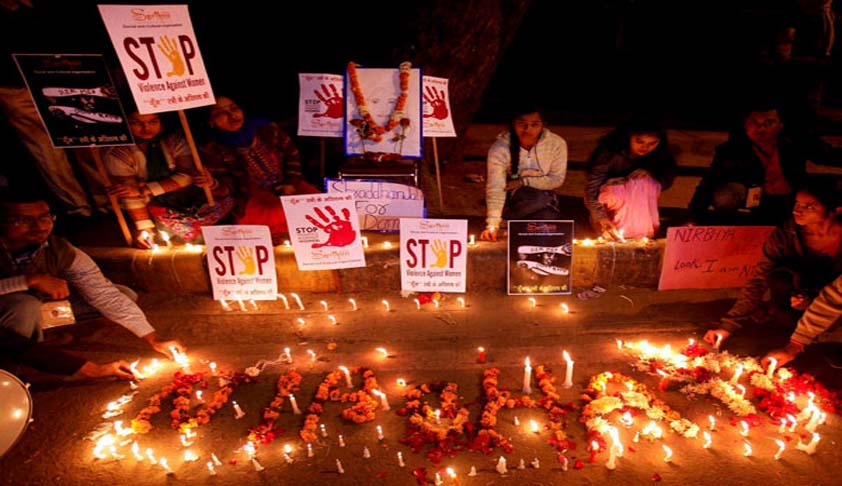- Home
- /
- Top Stories
- /
- Nirbhaya Case: SC Reserves Judgment
Nirbhaya Case: SC Reserves Judgment
Apoorva Mandhani
27 March 2017 6:34 PM IST
The Supreme Court, on Monday reserved its verdict in the brutal 2012 Delhi gang rape case. The Bench, comprising Justice Dipak Misra, Justice R. Banumathi and Justice Ashok Bhushan, reserved the judgment in the appeal filed against the death sentence handed down to four convicts by the Trial Court and the Delhi High Court.On December 16, 2012, five men and a juvenile had lured in the...
Next Story



